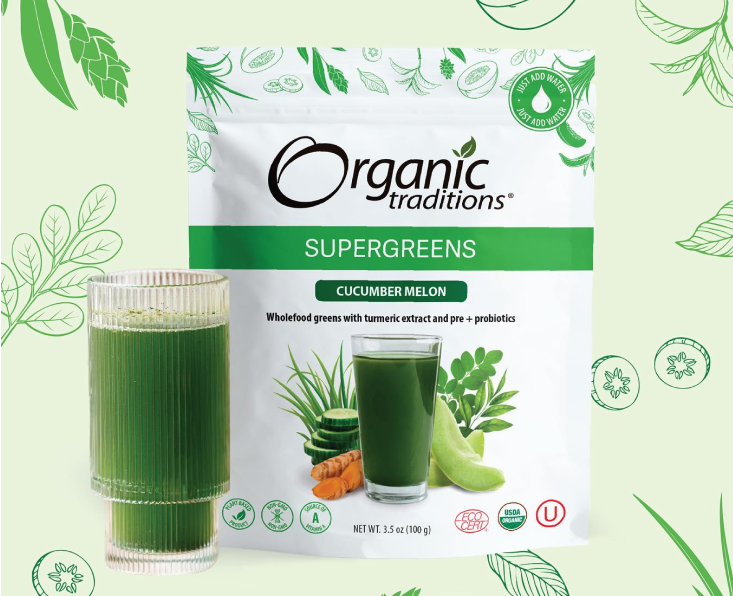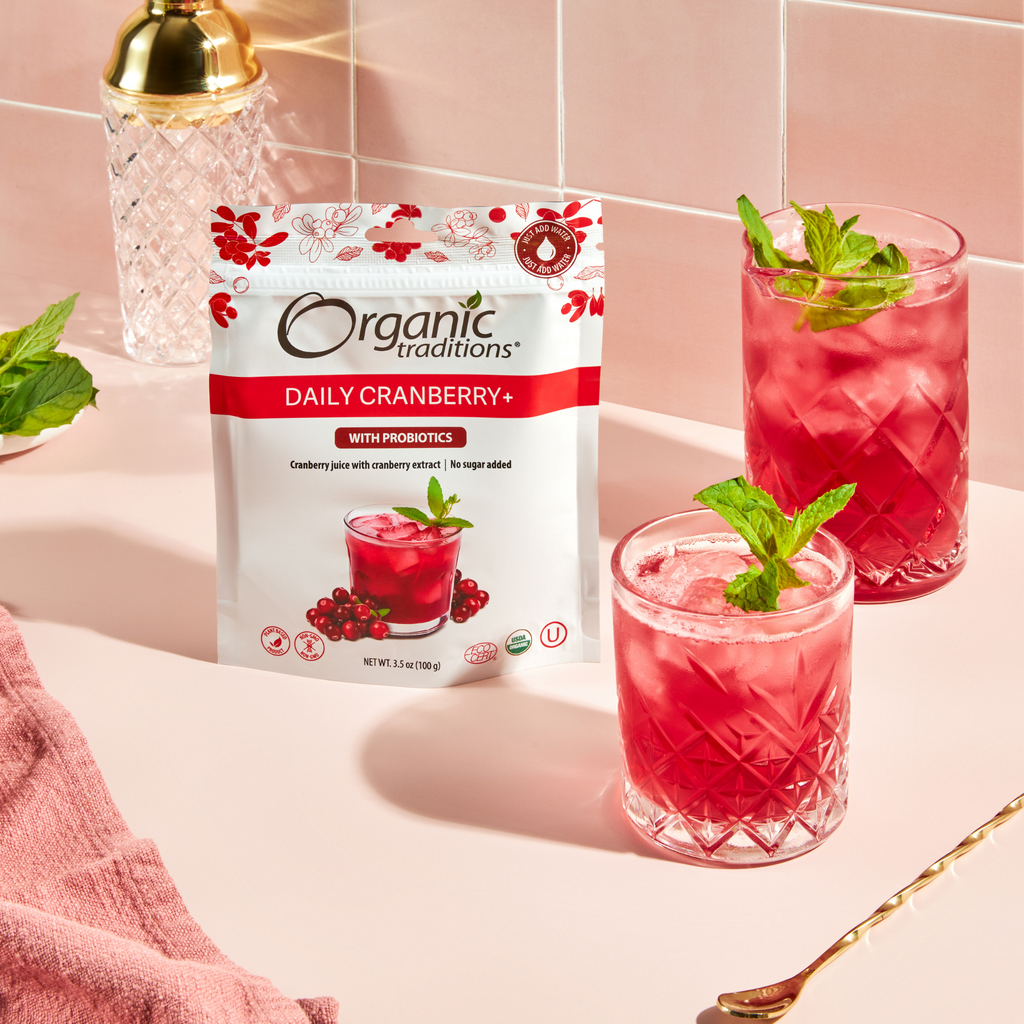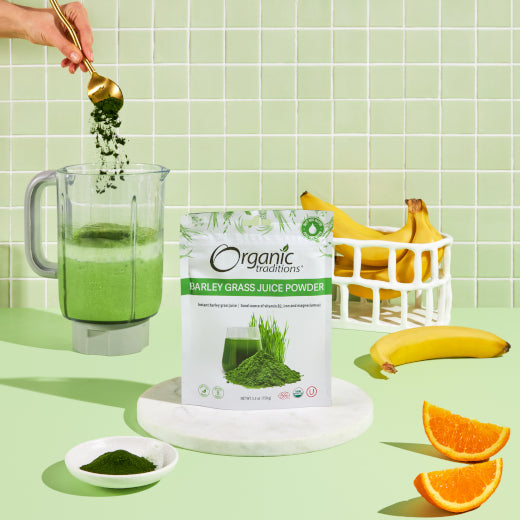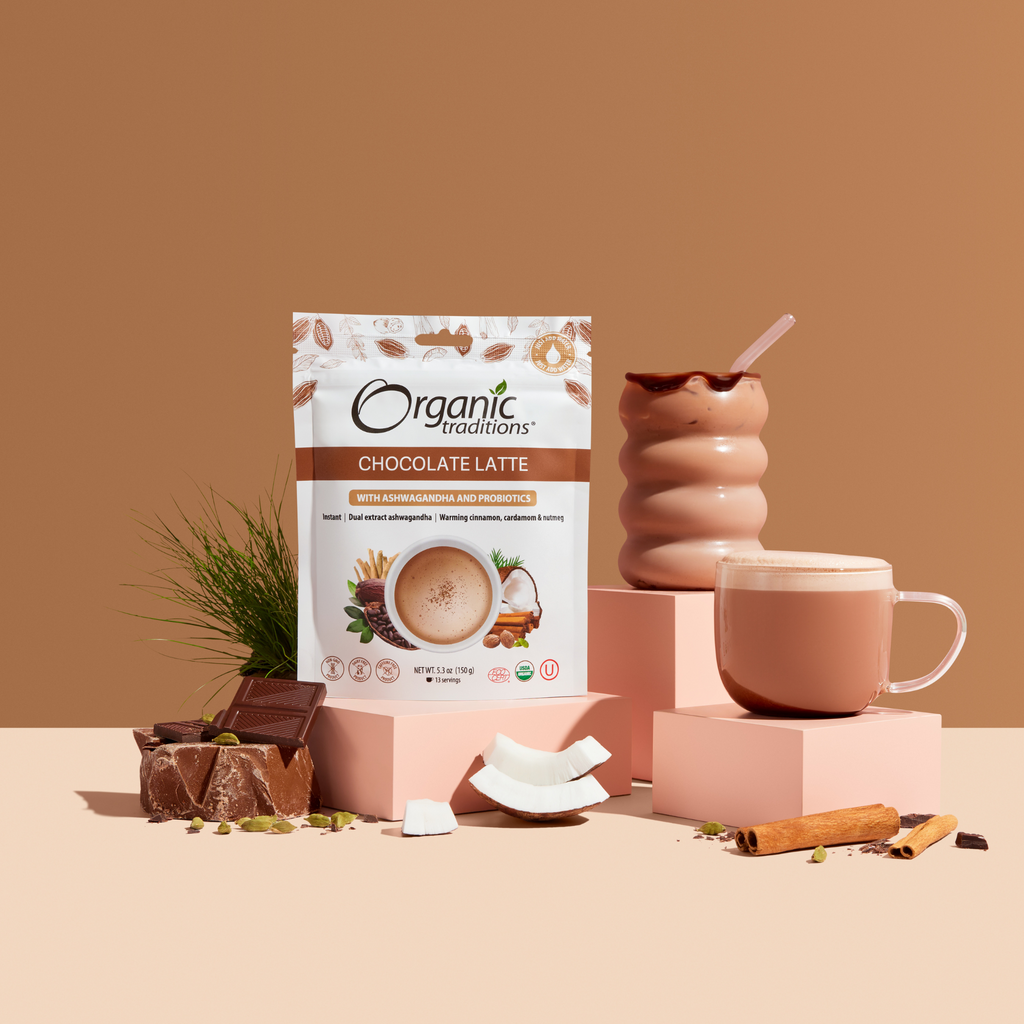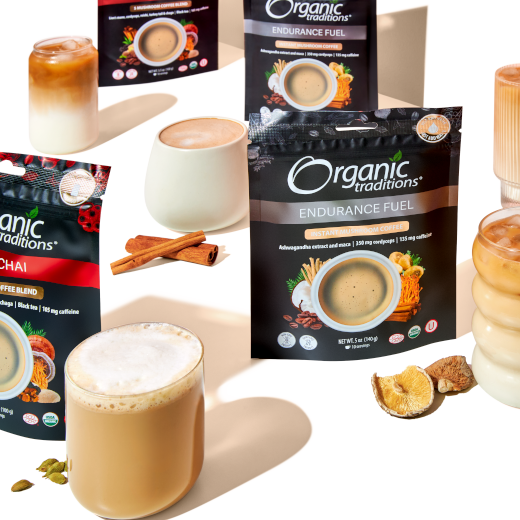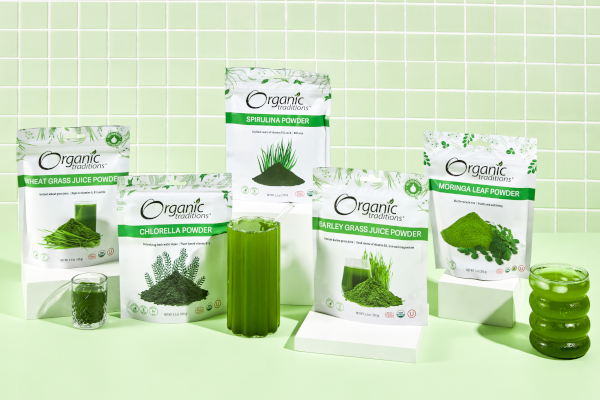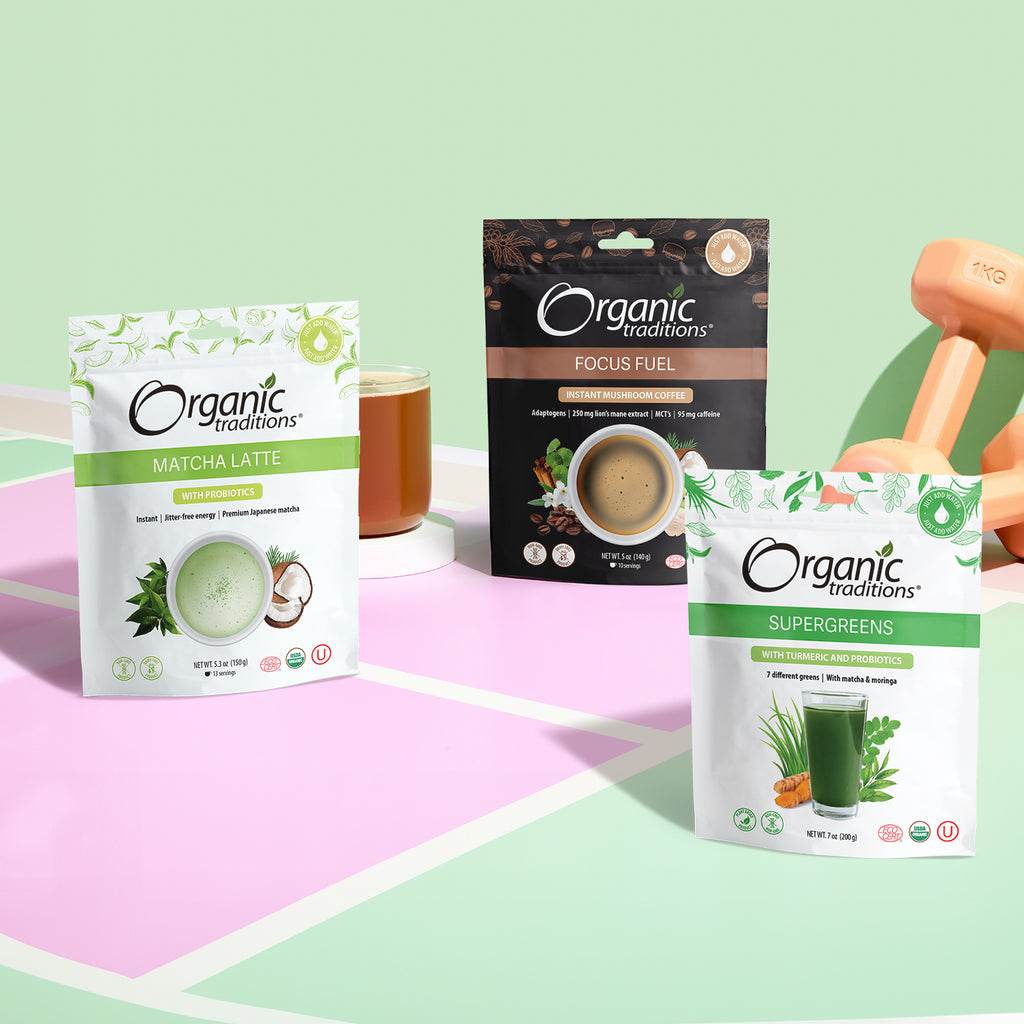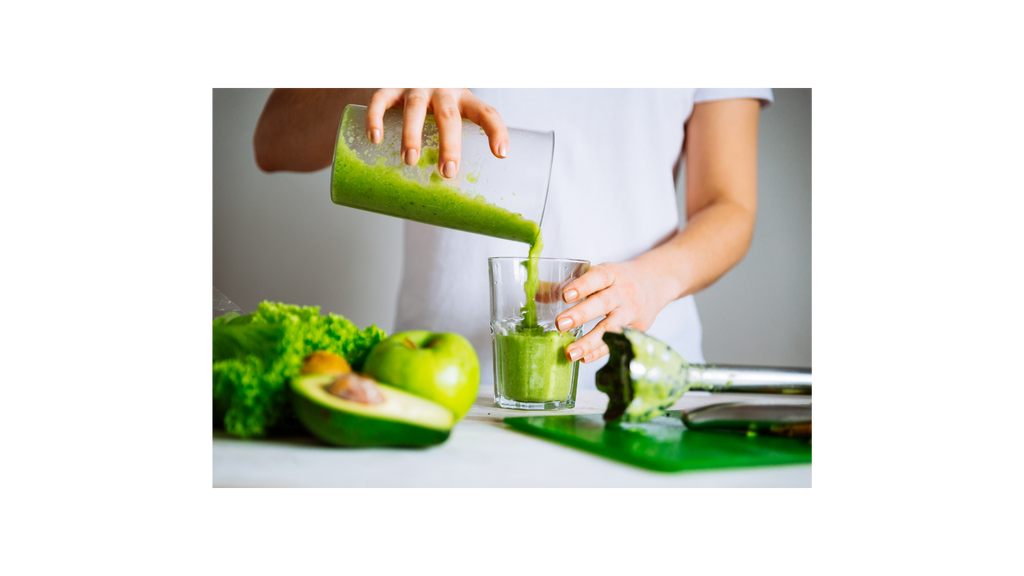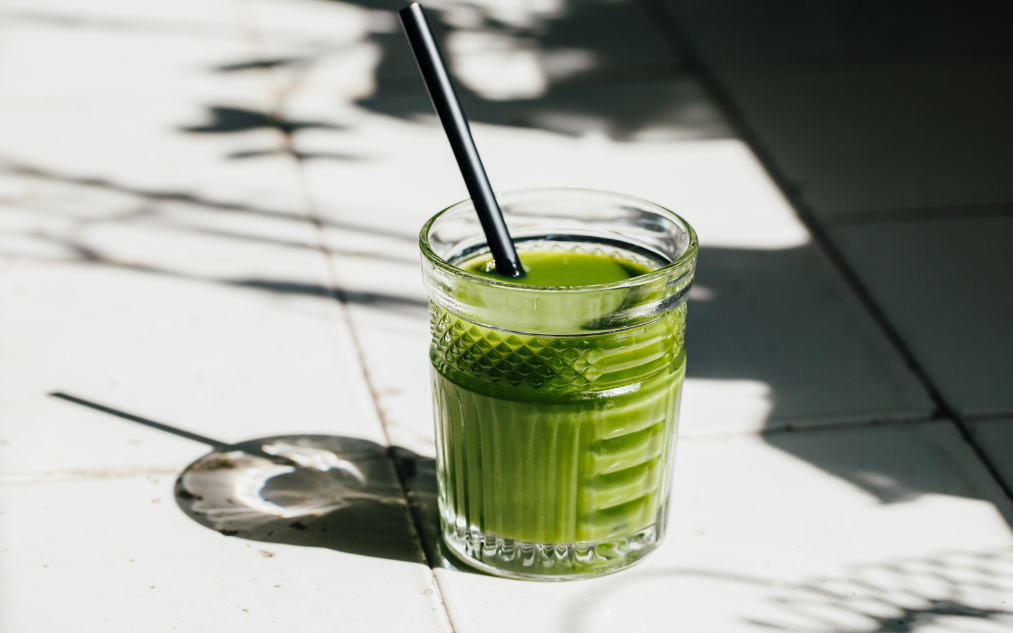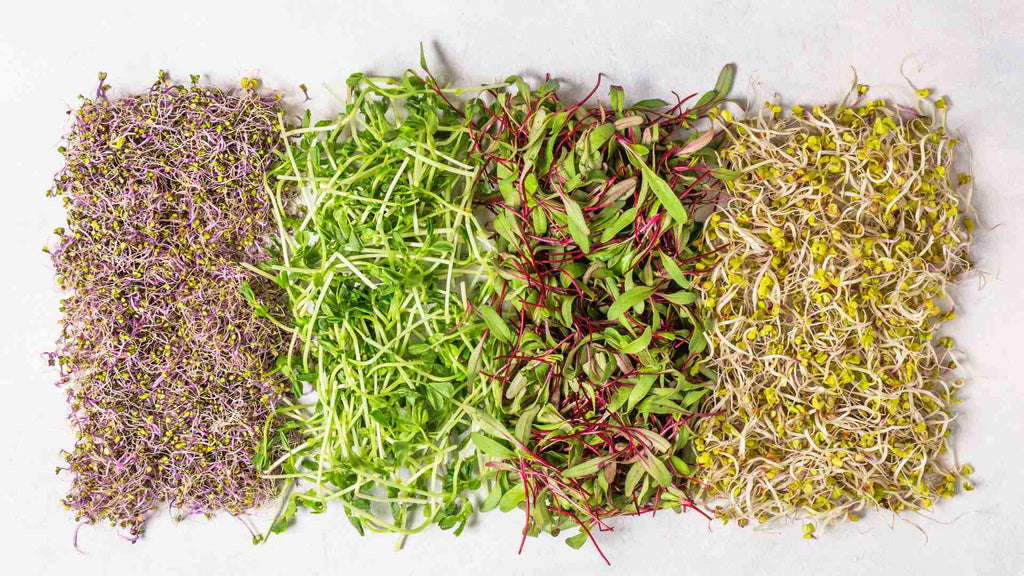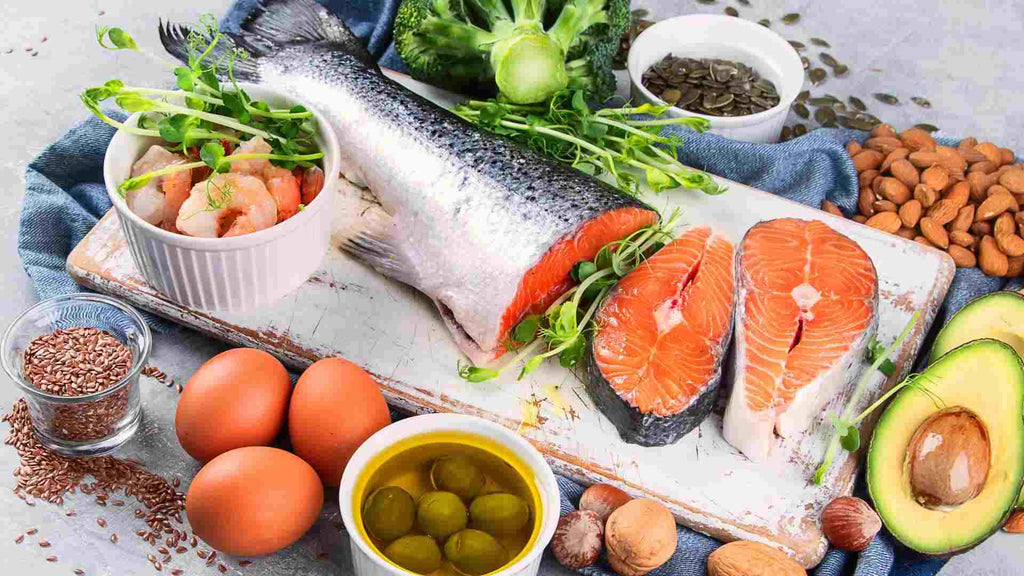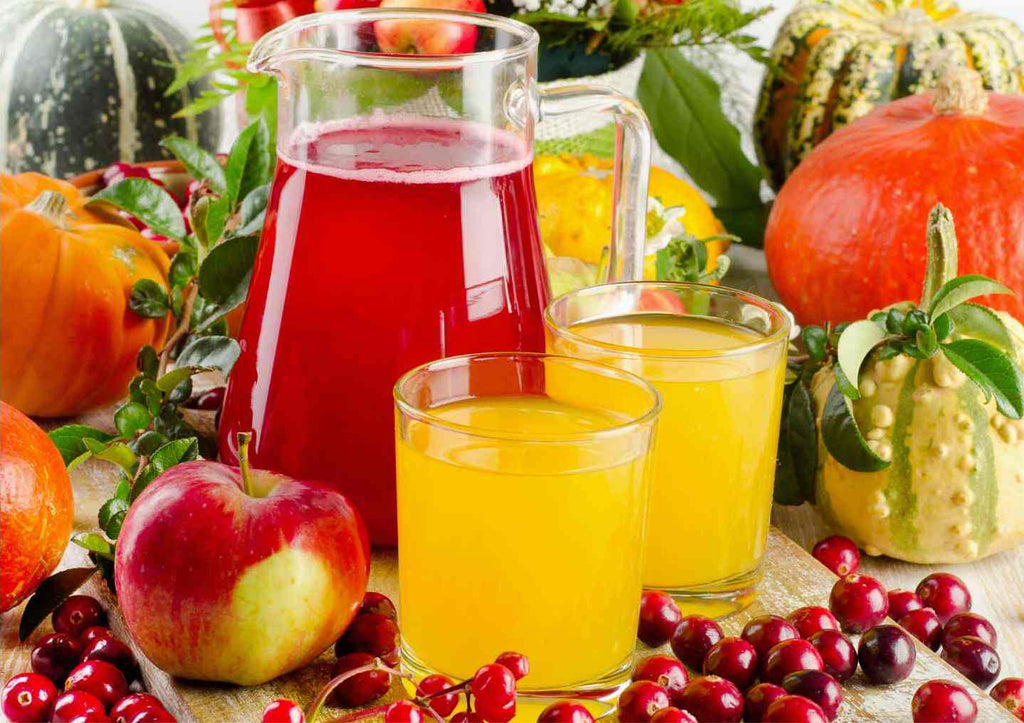Superfood Spotlight: Beetroot and All its Benefits
by Vickie Chin on Mar 10, 2023
Beetroot, or beets, are a root vegetable that people seem to embrace and reject in equal measure.
They’re bulbous, taste earthy, and are a vivid bright red (or gold/yellow, or have red and white stripes), but love or hate them, the nutrients packed into each one are loaded with health benefits.
In addition, beets are easy to store and can be prepared and enjoyed in several ways. If you think they taste like dirt, the good news: you can still reap their benefits as a supplement.
We cover all of these beetroot benefits in the article below, so if you’re undecided about whether to include them in your diet, you may be heading to the produce aisle sooner than you think after reading all about this superfood.
- Name: Beta vulgaris
- AKA: Beet, beetroot, common beet, garden beet
- Organic Remedy: Superfood, root vegetable, antioxidant, anti-inflammatory, digestive aid, diabetes, and blood pressure management
- Plant Family: Amaranthaceae
- Native To: The Mediterranean basin
- Type: Flowering plant
- Similar to: Rutabaga, sweet potatoes
- Supplement Forms: Juice, powder, capsules
- Traditional Uses: Capsules are swallowed orally, powders can be blended into drinks and other foods, juice can be consumed as is or mixed with other juices
- Storage: Unwashed beets (without the greens) can be stored in the refrigerator or a cool, dark place, such as a basement. Raw, peeled, and cut beets can be frozen. Beet juice should be stored in the refrigerator, while capsules and powders can be stored in a pantry or cupboard

Impressive Health Benefits of Beetroot
Why are beets good for you? Let us count the ways:
-
Beetroot benefits begin with the vitamins and minerals in the vegetable. One 3.5-ounce, or 100-gram, serving of boiled beets contains just 44 calories.
In terms of macronutrients, beets have 10 grams of carbohydrates, 1.7 grams of protein, and 0.2 grams of fat. And there’s more good stuff:
- Fibre: 2 grams
- Vitamin C: 4% of the daily value (DV)
- Vitamin B6: 4% of the DV
- Copper: 8% of the DV
- Folate (vitamin B9): 20% of the DV
- Iron: 4% of the DV
- Magnesium: 6% of the DV
- Manganese: 14% of the DV
- Potassium: 7% of the DV
- Beets also contain antioxidants (specifically, vitamin C, and the pigments that give beets their bright colour).
- Yes, you can eat beetroot leaves! Don’t throw these away. Beets greens are high in vitamins A, C, K, calcium, iron, riboflavin, and fibre, which give your immune and digestive systems the nutrients they need to function well.
- Nitrates in beets (more on this below), may help lower blood pressure, while the folate they contain may help prevent heart disease and stroke.
- The fibre in beets can aid weight loss, and because beets are low in carbs, your blood sugar won’t skyrocket after you eat them. This makes it a great vegetable for people living with diabetes to enjoy.
Now let’s dive into these benefits in greater detail.
Lower Blood Pressure

Beets contain nitrates, but don’t let that scare you. The nitrates in beets are naturally occurring, and are different from the ones in cured and deli meats.
Once you eat beets, your body converts the nitrates into nitric oxide, which relaxes and dilates (widens) your blood vessels. This enables blood to flow more easily, which in turn results in lower blood pressure.
One study suggests beetroot juice can lower systolic blood pressure (the top number, which is when your heart contracts) by 4 to 10 mmHg just a few hours after ingestion. However, this effect only lasts for about six hours, so it is temporary. Yet, eating beets regularly may help you manage your blood pressure.
Heart Disease and Stroke Prevention
High blood pressure can lead to heart disease, and because beets may play a role in lowering blood pressure, they may help prevent heart disease and stroke, as well. The key beet nutrients involved in this function are folate and betaine. Let’s talk about folate first.
Folate helps cells grow and function, and it has a role in controlling damage to blood vessels. This can cut the risk of developing heart disease and suffering a stroke.
Folate also works with betaine to help reduce the amount of homocysteine in the blood. High levels of this amino acid in the blood have been linked to heart disease.
Foods like red meat increase homocysteine.
Improved Digestion and Weight Loss
Without good digestion, it’s challenging for your body to absorb the nutrients it needs from the foods you eat.
Beets aid your digestion because they contain fibre, which helps prevent constipation. In addition, fibre feeds the good bacteria in your gut and adds bulk to stool. It may also reduce the risk of developing colon cancer and Type 2 diabetes.
The fibre in beets will also keep you feeling full for a longer period of time, which is helpful if you’re watching your weight — if you’re not hungry, it’s unlikely you’ll eat excess calories.
Healthy Skin

Put down those face creams and lotions for a moment and consider this: beets can support healthy skin. That’s because beets contain the antioxidant vitamin C, which is known for its anti-aging properties.
Vitamin C also has anti-inflammatory properties, which means it can be included in treatments for skin conditions like acne. However, it’s often used with other treatments, such as zinc and antibiotics, according to a 2018 study.
Another study suggests vitamin C can be used to treat hyperpigmentation (e.g., age spots).
If you’re interested in maintaining your skin’s elasticity, drink up that beet juice: it contains lycopene, which helps provide the benefit.
Diabetes Management

People living with diabetes not only have to watch what they eat, but when they eat, and how much they eat, in an effort to keep their blood glucose (or blood sugar) under control.
Enter beets. They’re low in carbohydrates (i.e., sugar), their fibre content helps keep blood sugar levels steady, and they contain high concentrations of metabolites (a substance formed in or required for metabolism). These metabolites may improve insulin resistance, although more research is required for a definitive answer.
There’s also some evidence that an antioxidant in beets called alpha-lipoic acid may improve nerve damage in people living with diabetes.
If you’re one of them, please speak to your doctor before making any changes to your diet.
Uses and Dosage of Beetroot
Another beauty of beets is the many ways they can be prepared and then eaten.
Can you eat beets raw? You sure can. You can also boil, steam, bake, roast, and sautée them. To preserve them, freeze or pickle them.
When it’s time to eat, you can enjoy beets as:
- Chips
- Beet hummus
- Beetroot and Dates Truffles
- Mixed into cakes and muffins
- Sliced, roasted, and topped with goat cheese
- Organic Beet Latte with Fermented Beets and Probiotics
- Roasted and added to a Buddha bowl, minestrone or gazpacho
- Chopped or shredded in salads with ricotta (use beet greens in salads, too!)
You may have heard that the oxalates (naturally occurring plant compounds) in beets increase the level of uric acid in the blood, which can lead to gout. If this has you wondering, “Is it OK to eat beets every day?” the answer is yes. Just keep your serving size to half a cup.
Beetroot Benefits: Key Takeaways
There’s every reason to include beets in your diet! The nutrition in this superfood will support your skin, digestion, a healthy weight, heart health, and blood sugar levels. And they’re so easy to store and prepare.
If you don’t like beets that much, consider trying them in one of the many ways they can be prepared, and you may be surprised. Or, you can always consume them juiced, or as a supplement in capsule or powder form.
Visit Organic Traditions for superfood blends, recipes, and more information to help keep you healthy from head to toe.














